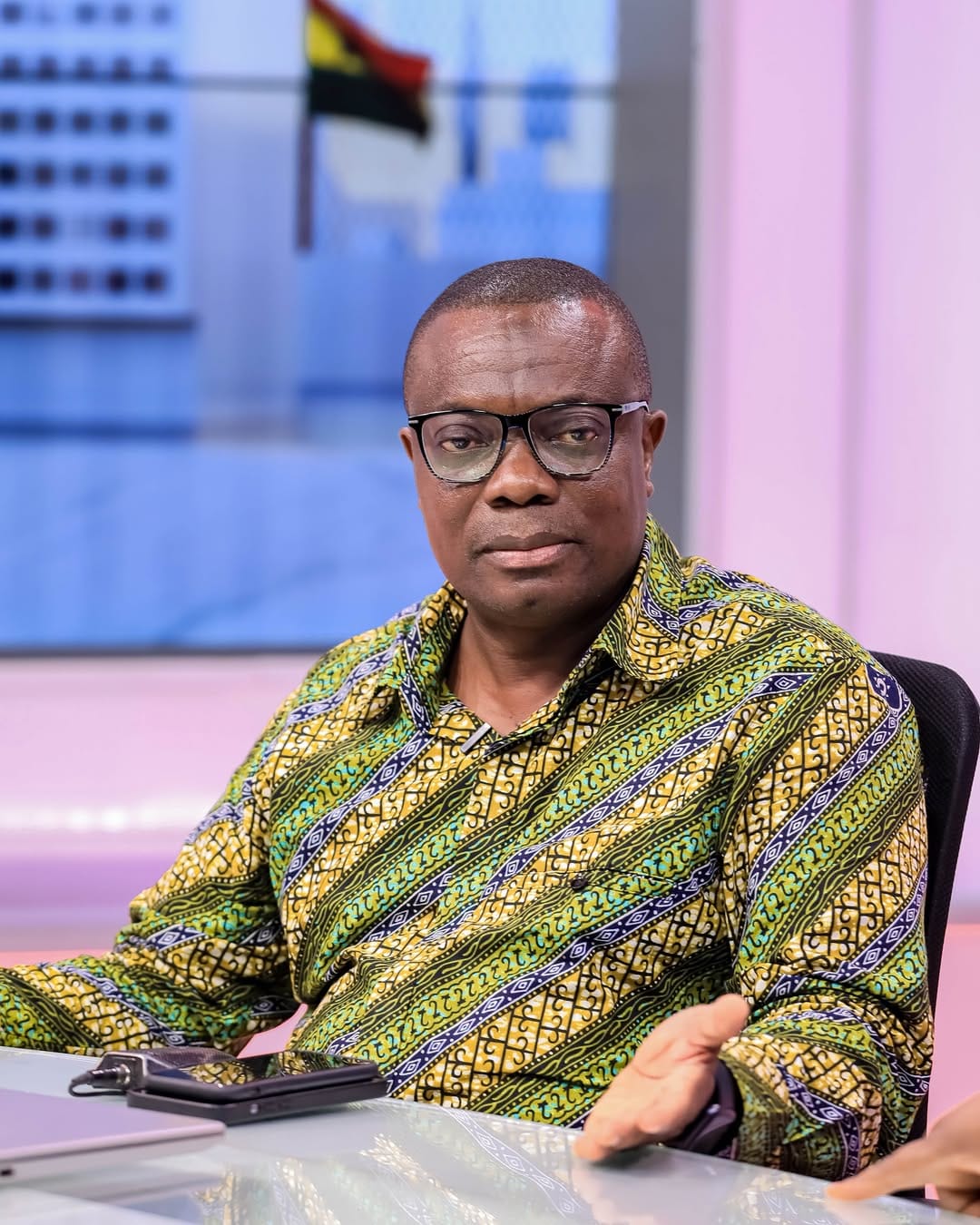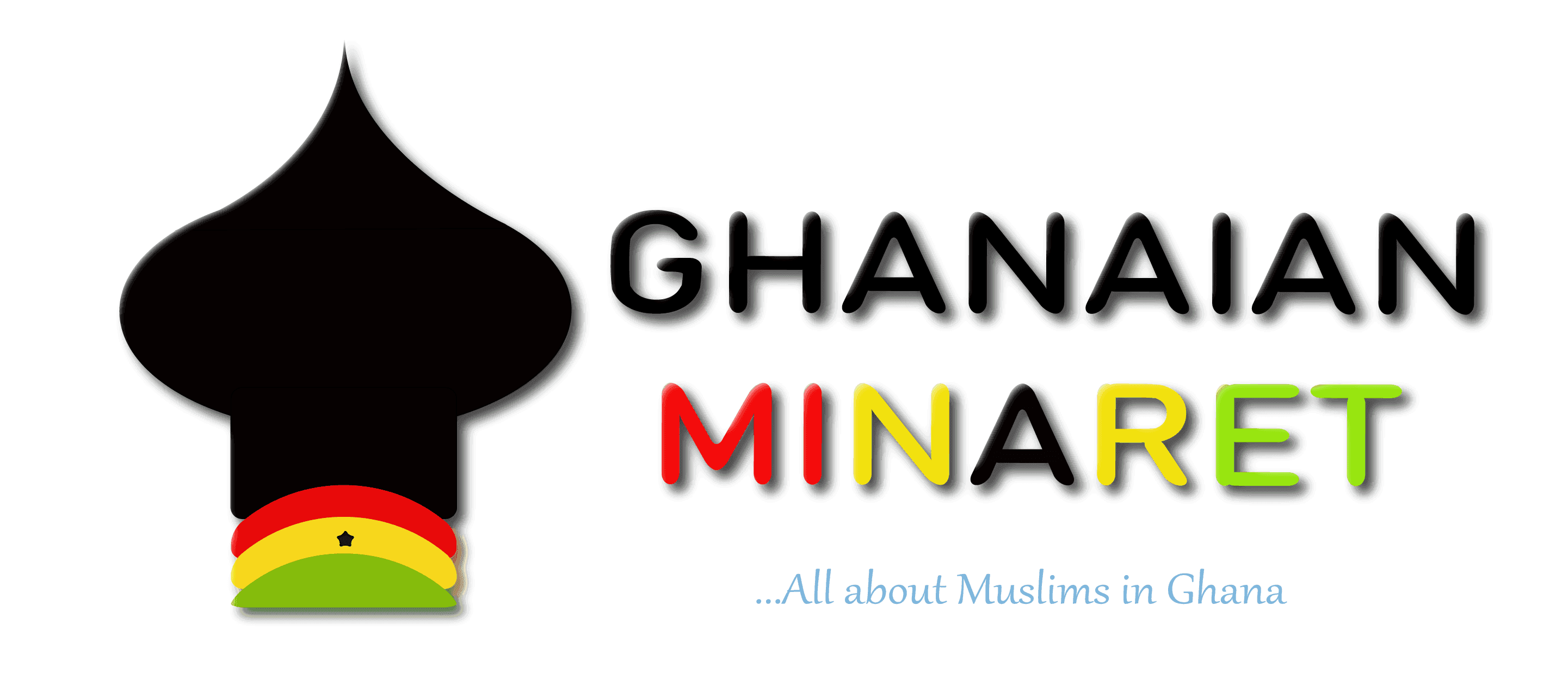Mussa Dankwah – biography of a school dropout who became a celebrated pollster

Mussa Dankwah’s life is a testament to the quiet power of resilience, intellect, and conviction. From modest beginnings shaped by faith, migration, and interrupted schooling, he has carved an uncommon path across continents and disciplines, emerging as a respected financial expert, consultant, and one of Ghana’s most influential political pollsters.
His journey, marked not by privilege but by perseverance and curiosity, reflects a mind attuned to systems, people, and the deeper currents that shape societies, making his story as instructive as it is inspiring.
In this Article
Early Life and Family Roots
Born in Nkawkaw in Ghana’s Eastern Region, Mussa Dankwah was baptised into the Christian faith with the name Paul. As a christian child of mixed Akyem and Cherepon ethnic heritage, he grew up in a relatively large household, one of eight siblings, shaped by diverse cultural and intellectual influences.
His father, a self-described free thinker, hailed from Apirede near Akropong Adukrom, while his mother traces her roots to Apinamang in Akyem Abuakwa, near Akwatia.
At the age of five, his family relocated to Madina Zongo in Accra when his father secured employment as a driver with the then Institute of Professional Studies (IPS), now the University of Professional Studies, Accra (UPSA). This move would prove pivotal in defining the trajectory of his life.
Embracing Islam and a New Identity
Although born into a non-Muslim family, Dankwah’s upbringing in the predominantly Muslim Zongo community of Madina profoundly influenced his spiritual outlook. Immersed in Islamic culture and practices, he eventually embraced Islam, adopting the name Mussa, ironically not his original choice, as he had intended to take the name Issah.
His conversion would later inspire his younger brother to also embrace Islam, making the two siblings the only Muslims in their immediate family.
Under the care of foster Muslim guardians, Mussa began Islamic education (Makaranta) at Najahiyya Islamic School and later Umar bin Khattab School, where he studied Islam and the Arabic language, laying an early foundation for discipline and intellectual curiosity.
A Nonlinear Educational Journey
Academically, Mussa Dankwah’s path was anything but conventional. He began formal education at Madina Roman Catholic (R/C) Primary School, where he studied from Primary One to Three before moving to the newly established Madina Islamic School. Financial difficulties forced him to drop out after just two terms.
For nearly four years, formal schooling gave way to self-education. During this period, he devoted himself to Islamic studies, voraciously read newspapers, and closely followed local and international affairs on radio, cultivating an unusually broad awareness for his age.
Determined to return to school, he enrolled at La Nkwatanang Primary School, where he was placed directly in Primary Six. His intellectual maturity impressed his teachers, who advanced him further. However, personal setbacks, including an incident involving the theft of a Ga textbook led to disengagement and eventual withdrawal from school.
Refusing to be defined by early disruptions, Dankwah bypassed the traditional primary and middle school route and enrolled at Albert Academy, a private secondary institution (now defunct), to pursue his O-Level education.
Academic Excellence Against the Odds
At Albert Academy, Mussa thrived. After three and a half years of study, he emerged as the first student in the school’s history to earn distinctions, following the 1990 November/December examinations. However, the absence of science subjects in his curriculum limited his prospects for A-Level studies.
He therefore opted for a Diploma in Business Studies (DBS) at Accra Polytechnic (now Accra Technical University). Once again, financial constraints threatened to derail his ambitions.
At a critical moment, support came through Dr Mohammed Ibn Chambas, then Deputy Minister for Foreign Affairs, who introduced him to the late Alhaji Rahim Gbadamosi, former Director-General of the Ghana Education Service (GES). Alhaji Gbadamosi generously sponsored Mussa’s entire two-year programme.
National Service and a Defining Moral Compass
Upon completing his diploma, Dankwah was posted for national service to Paansiya, a remote village near Yendi in Northern Ghana. With minimal social amenities and limited access to potable water, the experience was stark and humbling.
This period became a moral turning point in his life. Confronted with rural deprivation, he resolved to serve his country with integrity and to reject corruption in all its forms.
His service in the North was cut short by the 1994 Kokomba–Namumba conflict, forcing him to continue his national service in Akuse near Kpong.
Building a Career in Finance and Accounting
After national service, Mussa returned to Accra to pursue a Higher National Diploma (HND) in Accounting. While studying, he worked part-time at the Civil Aviation Authority (CAA). Upon graduation, he was retained as a full-time employee, serving first as a storekeeper and later as a finance officer in the treasury department.
In 1998, his career took an international turn when he travelled to Denmark to study for a Bachelor of Science in International Business at Aarhus Business College. A brief stay in Germany followed before he finally settled in the United Kingdom in 2000.
Professional Growth in the United Kingdom
In the UK, Dankwah studied at the London College of Accountancy, qualifying as a Fellow of the Association of Chartered Certified Accountants (ACCA) in 2002. He later earned a BSc in Applied Accounting from Oxford Brookes University and a Master of Science in Finance from London South Bank University.
A short return to Ghana saw him work with Sky Consult, where he contributed to a strategic report on the Boankra Inland Port for the Ghana Shippers Council. That work proved instrumental in securing him a role in 2004 with Transport for London (TfL).
At TfL, the statutory body overseeing London’s transport infrastructure, he rose steadily from Investment Analyst to Finance Manager within seven years—a testament to his technical competence and leadership.
Consulting, PPPs, and Identity Management
In 2009, Mussa Dankwah returned to Ghana, where he became deeply involved in Public–Private Partnership (PPP) projects, including the landmark GhanaCard initiative. Over the years, he served in multiple advisory roles—economic and trade advisor, finance advisor, transaction and technical advisor, finance consultant, and mediator.
In October 2012, he briefly served as Chief Finance Officer of Identity Management Systems (IMS), a private partner to the National Identification Authority.
From November 2018 to March 2021, he was Executive Director at Margins ID Group, overseeing commercial finance and business support. He also served as an independent non-executive director and chaired the group’s Finance Committee until his resignation in January 2022.
Global Exposure and Professional Affiliations
Dankwah’s consulting work spans several countries, including Ghana, the United Kingdom, Nigeria, Kenya, and South Sudan. He has served as a consultant to global institutions such as the World Bank, International Finance Corporation (IFC), and Castalia Strategic Advisors (USA).
He is a member of the Chartered Institute for Securities and Investments (UK) and an Associate of the Institute for Risk Management (IRM).
Global InfoAnalytics and the Rise of a Leading Pollster
After years in consultancy, Mussa Dankwah identified a critical data science gap in Ghana’s political ecosystem. This insight led to the establishment of Global InfoAnalytics Limited in March 2019, a research and analytics firm specialising in political polling, geopolitical analysis, and political risk assessment.
As Lead Pollster, he has provided valuable insights to investors, policymakers, and the public, helping them better understand Ghana’s electoral dynamics and political risks. His consistent accuracy in predicting election outcomes since 2020 has earned him national prominence.
While widely celebrated for his polling expertise, his work has also attracted criticism from skeptics who question his methodology—criticism that has ironically earned him the moniker “the Zongo lotto forecaster.”
Vision for the Future
Undeterred by controversy, Mussa Dankwah remains focused on the future. His ambition is clear: to make Global InfoAnalytics a household name across Africa within the next decade, setting the standard for credible, data-driven political polling on the continent.
Join our whatsapp channel for all the latest updates.
For news coverage, article publication, and advertisement, send an email to ghanaianminaret@gmail.com or reach us via whatsapp, telegram or phone call on +233266666773.

